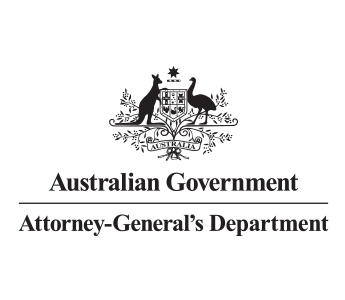Man faces charges for inciting fraudulent compensation claims of historical sexual abuse
Date published
March 2025
Relevant impacts: Human Impact, Government Outcomes Impact, Reputational Impact, Industry Impact, Financial Impact
Fotis Frank Antonios, 54, was arrested in February 2025. He faces 21 charges, including multiple charges of inciting people to make fraudulent claims of historical child sexual assault and dishonestly obtaining a financial advantage.
Antonios, alongside 9 co-defendants, was arrested by the NSW Police Force's Strike Force Veritas.
Access the source (Content warning for discussions of historic child sexual abuse)
Related countermeasures
Collaborate with strategic partners such as other government entities, committees, working groups and taskforces. This allows you to share capability, information and intelligence and to prevent and disrupt fraud.
Help and support to customers, staff and third parties to help them follow correct processes and encourage them to comply with rules and processes and meet expectations.
Providing clear statements and communications on entity practices and responses can help prevent staff and clients falling victim to scams or slipping into non-compliance, while discouraging fraudulent or corrupt activities.
Use declarations or acknowledgments to both communicate and confirm that a person understands their obligations and the consequences for non-compliance. The declaration could be written or verbal, and should encourage compliance and deter fraud.
Clear eligibility requirements and only approve requests or claims that meet the criteria. This can include internal requests for staff access to systems or information.
Whole-of-Government policies require us to have a high level of confidence in data when providing government services and payments. Create policies, rules, processes and systems to collect accurate and relevant data to help:
• process claims
• make decisions
• check and verify data
• analyse data to detect fraud
• investigate potential fraud
• define new indicators of fraud.
Verify any requests or claim information you receive with an independent and credible source.
Publish information on your entity’s decision-making processes, decisions made, successful tenderers or grantees, incidents and breaches.
Analyse data to improve processes and controls, increase payment accuracy and find and prevent non-compliance, fraud and corruption.
Put in place processes for staff or external parties to lodge tip-offs or Public Interest Disclosures.
Reconcile records to make sure that 2 sets of records (usually the balances of 2 accounts) match. Reconciling records and accounts can detect if something is different from what is standard, normal, or expected, which may indicate fraud.
Establish exception reports to identify activities that are different from the standard, normal, or expected process and should be further investigated.
Fraud detection software programs automatically analyse data to detect what is different from what is standard, normal or expected and may indicate fraud or corruption.
Internal or external audits or reviews evaluate the process, purpose and outcome of activities. Clients, public officials or contractors can take advantage of weaknesses in government programs and systems to commit fraud, act corruptly, and avoid exposure.
Investigate fraud in line with the Australian Government Investigation Standards (AGIS).
These are penalties for customers, staff or third parties that commit fraud or do not comply with rules, processes and expectations.
Submit a case study
We'd like to hear from you if you have a case study to share.

